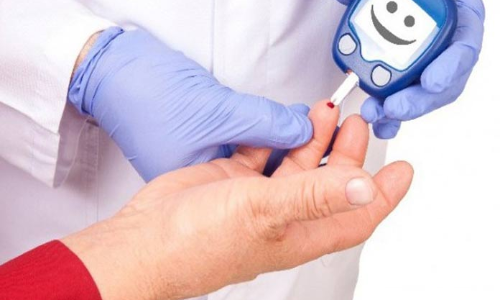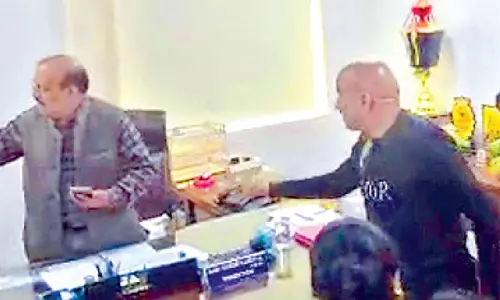New treatment offers hope for diabetes, MS patients

Scientists say they have developed a novel and safe treatment for autoimmune diseases such as type1 diabetes and multiple sclerosis MS that arise when the bodys immune cells attack itself
Washington: Scientists say they have developed a novel and safe treatment for autoimmune diseases such as type-1 diabetes and multiple sclerosis (MS) that arise when the body's immune cells attack itself.
Current treatments eliminate these misfunctioning immune cells, but also destroy normal, protective immune cells, leaving patients susceptible to immune deficiency and opportunistic infections. Now, researchers at the University of Utah in the US have developed an approach that targets the misfunctioning immune cells while leaving normal immune cells in place. "We are really taking treatment for autoimmune disease in a new direction," said Mingnan Chen, an assistant professor at the University of Utah.
"This is the first time anyone has looked at the programmed cell death protein (PD-1) cells as a target to develop therapeutics for autoimmune disease," Chen said in a statement. The study, published in the journal Nature Biomedical Engineering, tested the treatment in a mouse model that mimics type 1 diabetes. The researchers found the treatment delayed the onset of diabetes in mice to 29 weeks old compared to 19 weeks old for control-treated mice. The treatment was also applied to a mouse multiple sclerosis model (experimental autoimmune encephalomyelitis).
Not only did the treatment halt the progression of paralysis in the six mice in this model, these mice regained the ability to walk. The team monitored the mice for 25 days after treatment and found the paralysis did not return. In a normal functioning immune system, the PD-1-expressing cells, including immune cells (B and T lymphocytes), contain a mechanism that acts like a checkpoint that prevents the cycle from attacking itself. In people with autoimmune disease, these cells, somehow, escape the checkpoint and the immune system remains in a state of alert, attacking body cells.
"We wanted to target PD-1-expressing cells. Using this method, we may avoid long-term immune deficiency caused by common treatments for autoimmune disease," said Peng Zhao, a former graduate student in Chen's lab. The researchers engineered a protein molecule to deplete the misfunctioning PD-1-expressing cells from the body. The engineered molecule consists of three parts: an anti-PD-1 antibody fragment (PD-1), a toxin (Pseudomonas exotoxin) and a binder (albumin-binding domain).
The antibody fragment acts like a key that attaches and gaining access into the PD-1-expressing cells. The protein toxin kills the cell. The binder allows the engineered molecule to circulate in the body for a longer time. Chen and his team developed a treatment that knocks down unhealthy immune cells to turn off the overactive immune response. They challenged the immune system of the mice in the study to determine whether the treatment had a negative effect on the healthy immune system. The researchers found the mice in each model mounted a normal immune response.
The experimental therapeutics engineered by the researchers thus far is specific to mice. They are currently developing therapeutics applicable to humans. "To make similar therapeutics for people, we would need to find the anti-human PD-1 antibody, like the anti-mouse PD-1 antibody," Chen said. "If we can generate the human version of therapeutics, I think we could make a huge impact in treating autoimmune disease," he said.









